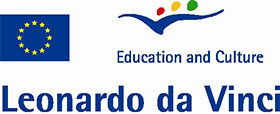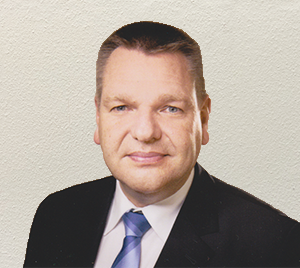eContent localisation processes and tools to trainers and teachers of professional translation
eCoLoTrain offers online learning materials for students, teachers, and professional translators in the field of translation and localisation. If you want to expand or refresh your knowledge about edp, terminology management, project management, translation memories, or localisation, then you have come to the right place.More about the project
The learning materials developed for this site were sponsored by

Learning materials
Courses
The eCoLoTrain courses include materials for teaching eContent localisation processes and tools to trainers and teachers of professional translation. They contain guidelines for the best practice in integrating these tools and methods into general and specialised translation classes. The courses are presented in five modules that cover the following areas:
- Information and computer technology (ICT) skills
- Terminology management
- Computer-assisted translation (CAT) tools
- Project management (PM)
- Software localisation
All materials are designed to support a blended learning approach, combining online distance learning and face-to-face pedagogy.
Guidelines
Initially, eCoLoTrain intended to deliver two types of guidelines for all courses: methodological and didactic. The methodological guidelines were defined as descriptions of all courses for "providing assistance for the development of similar training measures in the translation field". The didactic guidelines were designed to "provide hands-on assistance for trainers and teachers in combining localisation technology with various types of traditional translation classes and teaching scenarios, thus paying particular attention to the didactic needs of the target group".
However, after having extensively reviewed the materials created during the project and listened to professionals from our target group in the several workshops we organised, we concluded that methodological and didactic guidelines cannot be treated as two separate dimensions in the context of translating with translation technology. This is why we have developed guidelines that combine methodological and didactic aspects.
 Contact
Contact
If you have further questions about the project, please contact Prof. Dr. Christoph Rösener
Chair of the department of
General and Applied Linguistics / Translation Technology
At the Faculty of Translation-, Language-, and Cultural Studies in Germersheim
Johannes Gutenberg-Universität Mainz
Tel.: +49 (0)7274 508- 35 544
E-mail: roesener(at)uni-mainz.de

